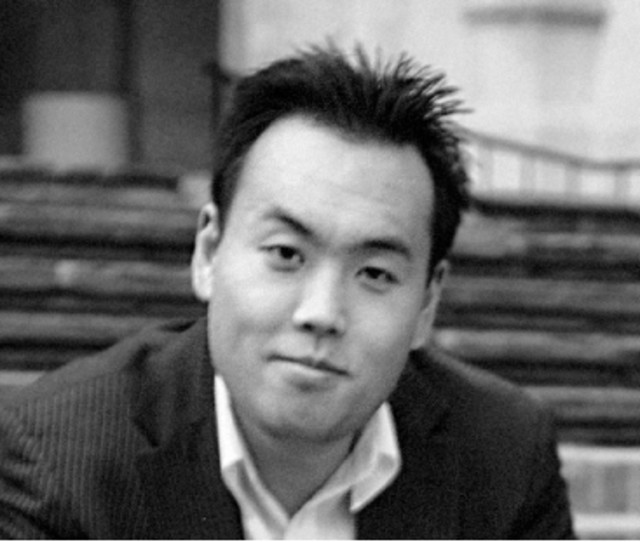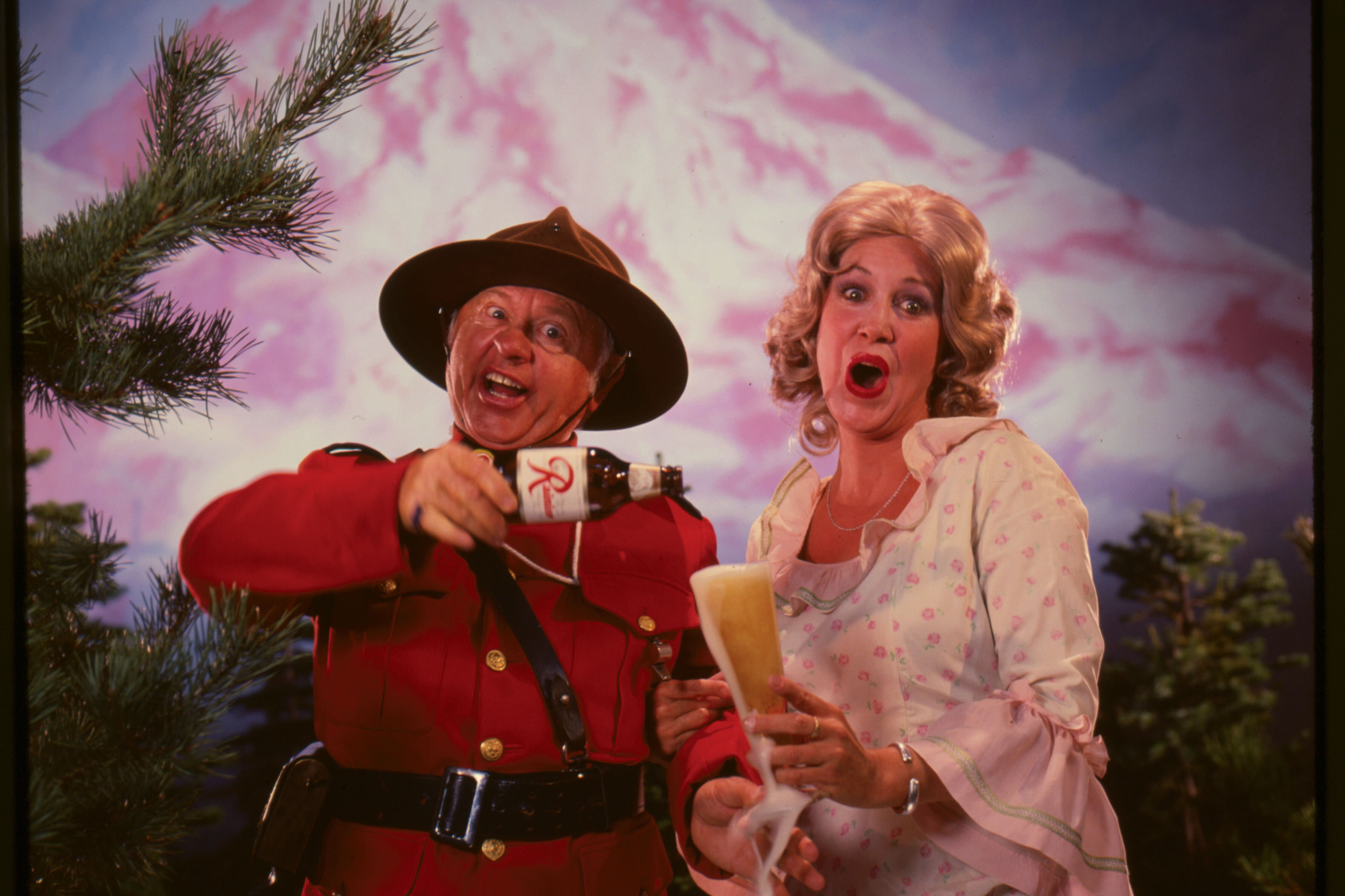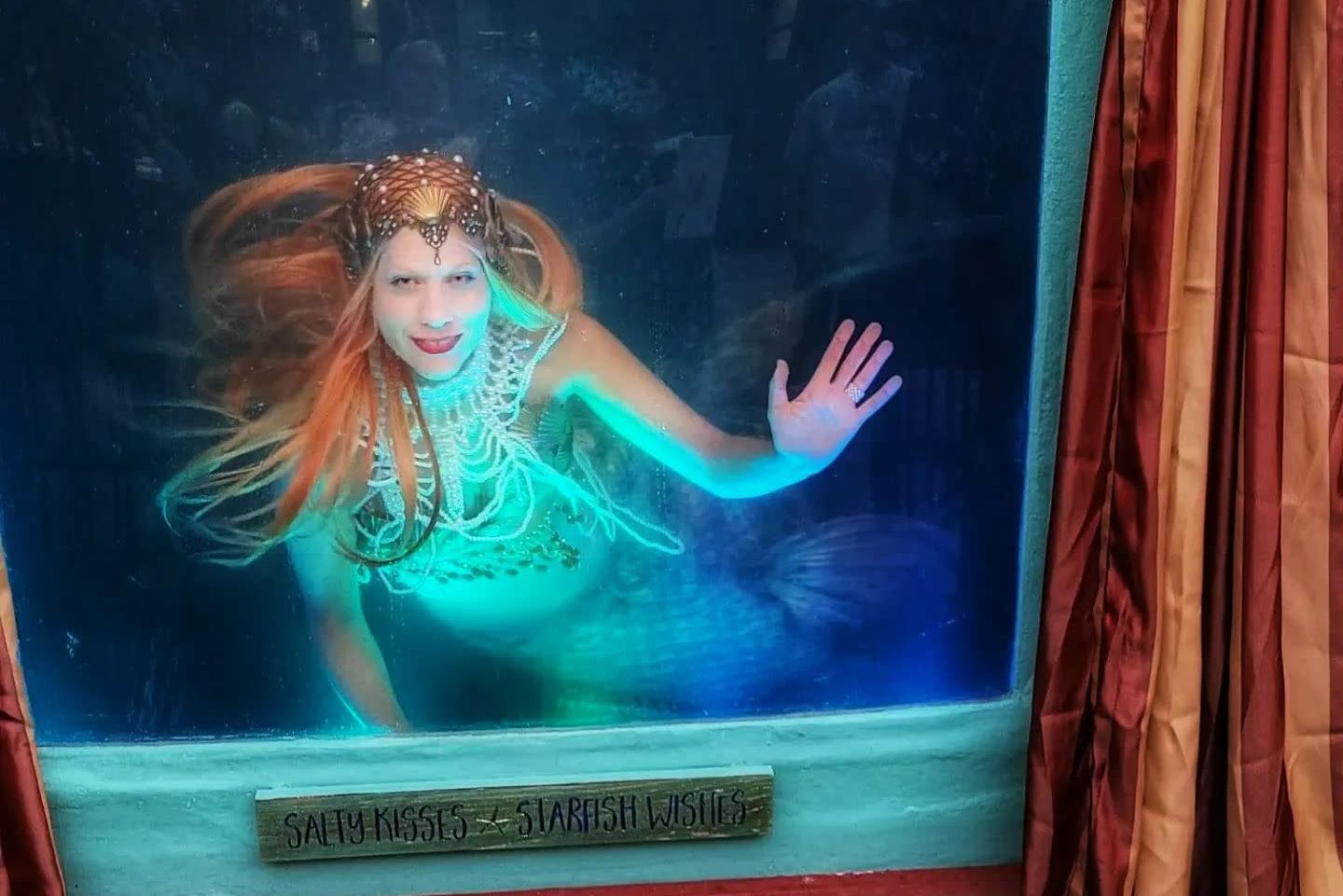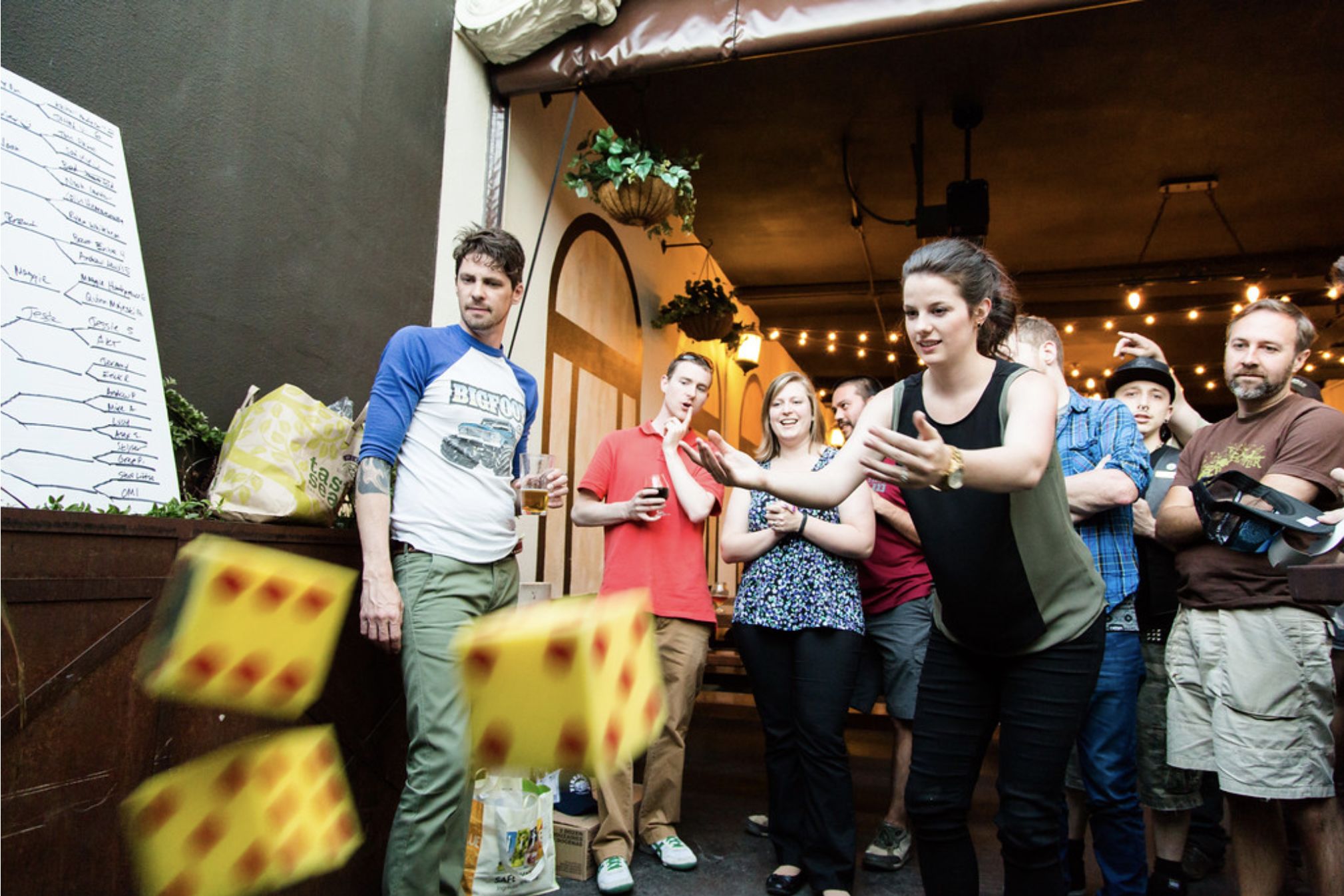Timothy Tau Discusses His Short Film About Keye Luke

Image: Courtesy Timothy Tau

Asian American Film Festival Wing Luke Theater January 25–27 seattleaaff.org
After a five-year hiatus, the Seattle Asian American Film Festival returns this month for three days at Wing Luke Museum. One of the highlights is sure to be director Timothy Tau’s “Keye Luke,” a film about the Asian American actor who grew up in Seattle and is best known for playing Kato in the original Green Hornet film serials and Master Po in the TV series Kung Fu. Tau’s biopic is only 15 minutes long, but the short format seems to suit him. The law school graduate turned writer-director won Hyphen magazine’s 2011 Asian American Short Story contest for “The Understudy,” about a young Asian actor trying to break into Hollywood. Tau will unveil “Keye Luke” on January 27 and will stick around afterward for a panel discussion.
Why Keye Luke and not, say, the more well-known Kato, Bruce Lee?
Keye was pretty much the first Asian American actor to land good-guy roles. Others at the time were typecast as villains, but he would play detectives, or surgeons, or sidekicks. A lot of people in the Asian American community worship Bruce Lee. And they like him because he does martial arts and he kicks ass, but Keye Luke had a different style. He was this very charismatic, eloquent, leading-man type.
There don’t seem to be many mainstream films from Asian American directors. What’s standing in the way?
It really starts with the content. And getting good content starts with the writing. A lot of Asian American literature is about the generational story or coming across the ocean. You hear the same stories again and again.
So what types of new narratives need to be told?
A good example is Jeremy Lin [the out-of-nowhere NBA star who inspired the term Linsanity last season while playing for the New York Knicks]. He was just a phenomenon. People were drawn to his underdog story, and his culture was a huge part of that because you never really see Asian American basketball players.
What are your plans for following up “Keye Luke”?
My ultimate idea is to do short pieces about other Asian American actors who worked with Keye, like Sessue Hayakawa, or Anna May Wong, or Philip Ahn. Then sort of like with The Avengers, there will be one ensemble piece that would combine them all together to reimagine that period. With the success of The Artist, I think people have more interest in ’30s and ’40s cinema.
Published: January 2013




